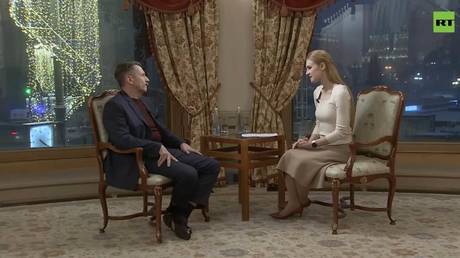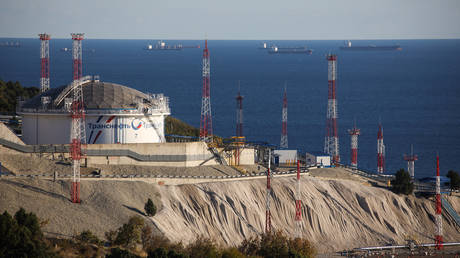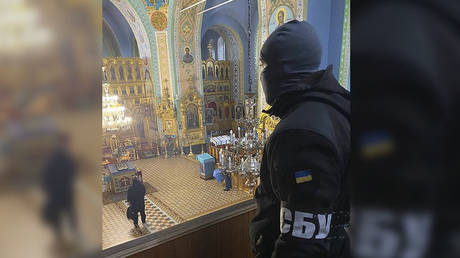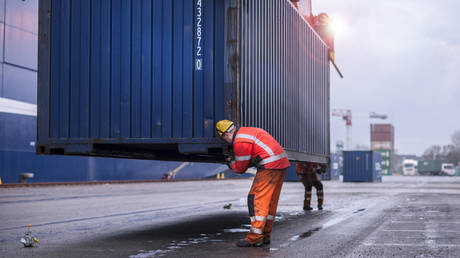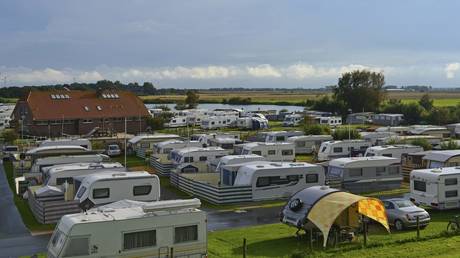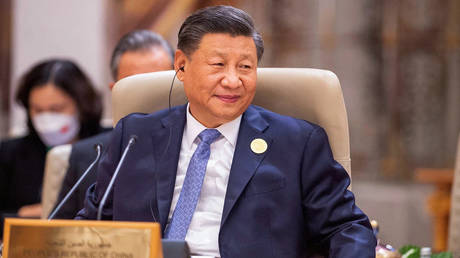Nationwide state of emergency declared in Kazakhstan
Kazakhstan’s authorities have imposed a state of emergency across the country in an attempt to get a grip on the deteriorating security situation, after widespread demonstrations were sparked by a gas price hike. Read Full Article at RT.com
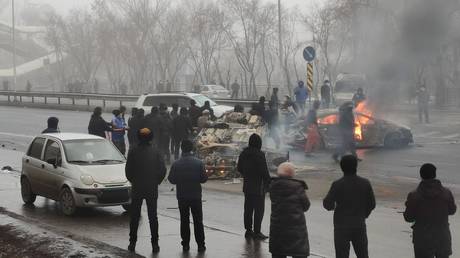
The president warns there will be a strong response to the ongoing violent protests
Kazakhstan’s authorities have imposed a state of emergency across the country in an attempt to get a grip on the deteriorating security situation, after widespread demonstrations were sparked by a gas price hike.
President Kassym-Jomart Tokayev reached for the sweeping measures late on Wednesday, hours after saying he intended to act “as tough as possible” against the violence.
The state of emergency vastly expands the powers of the country’s police and military, as well as allowing the handing down of heavy penalties, including lengthy prison terms, on those caught breaking the law while it is in place.
Overnight, emergency powers were declared in certain parts of the country, including the nation’s most populous city, Almaty. The former capital has been gripped by violent unrest throughout the day, with protesters overrunning multiple government buildings, including the old presidential palace, and torching them.
Footage circulating online shows protesters assaulting police officers and military servicemen, and apparently taking their firearms in the process. Clips of the police firing tear gas grenades and water cannons have also surfaced. Numerous stores, including those selling guns, have reportedly been ransacked, and rioters in Almaty have reportedly been breaking into ATMs. The city’s international airport has also been overrun by violent protesters, and its operations are currently suspended.
The ongoing wave of mass protests was triggered by a twofold hike in liquefied petroleum gas prices at the start of the new year. The fuel had been subsidized for years, becoming extremely popular, yet the government decided the policy was no longer sustainable, ultimately letting the market decide the price.
The fuel price protests began in the country’s south-west, promptly spilling over into other regions. The unrest grew increasingly political in a matter of days, soon swiveling away from the original gas price uproar.







